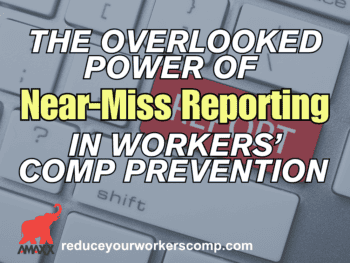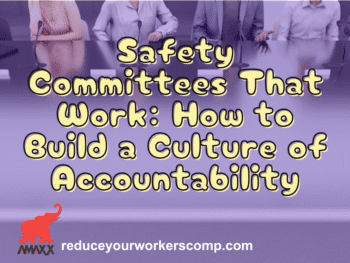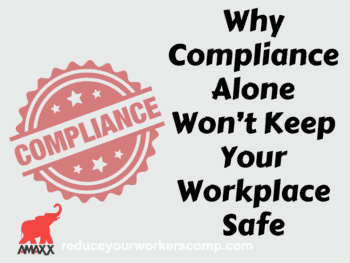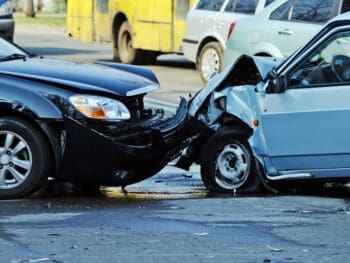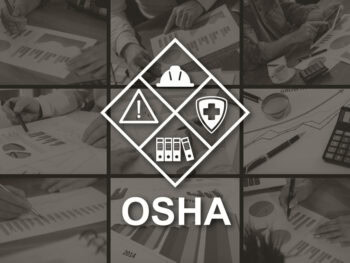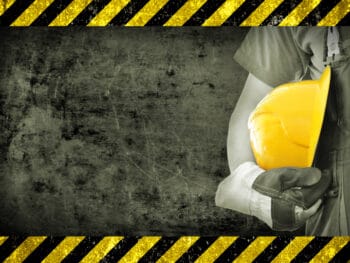A public hearing is planned on proposed changes to require improved worker protection from tripping, slipping and falling hazards on walking and working surfaces, by OSHA according to the Federal Register. The proposal addresses workplace hazards that are a leading cause of work related injuries and deaths," said Assistant Secretary of Labor for OSHA Dr. David Michaels.
The NPRM describes revisions to the Walking-Working Surfaces and Personal Protective Equipment standards to help prevent an estimated annual 20 workplace fatalities and more than 3,500 injuries serious enough to cause people to miss work. For example, in July 2009, a worker at a chocolate processing plant was killed after falling from an unguarded work platform.
"This is a clear and grave example of the human cost incurred when fall protection safeguards are absent, ignored or inadequate," said Michaels. "The loss of a worker's life might have been prevented if the protective measures in these revised standards had been in place and in use."
The current walking-working surfaces regulations allow employers to provide outdated and dangerous fall protection equipment such as lanyards and body belts resulting in workers suffering greater injury from falls. Construction and maritime workers already receive safer, more effective fall protection devices such as self-retracting lanyards, ladder safety, and rope descent systems. The proposed revisions would require similar systems for general industry workers. (WCxKit)
The current walking-working surfaces standards also do not allow OSHA to fine employers who let workers climb certain ladders without fall protection. Under the revised standards, this restriction would be lifted in virtually all industries, allowing OSHA inspectors to fine employers who jeopardize their workers' safety and lives by climbing these ladders without proper fall protection.
FREE WC IQ Test: http://www.workerscompkit.com/intro/
WC Books: http://www.reduceyourworkerscomp.com/workers-comp-books-manuals.php
Do not use this information without independent verification. All state laws vary. You should consult with your insurance broker or agent about workers' comp issues.
©2010 Amaxx Risk Solutions, Inc. All rights reserved under International Copyright Law. If you would like permission to reprint this material, contact Info@WorkersCompKit.com

